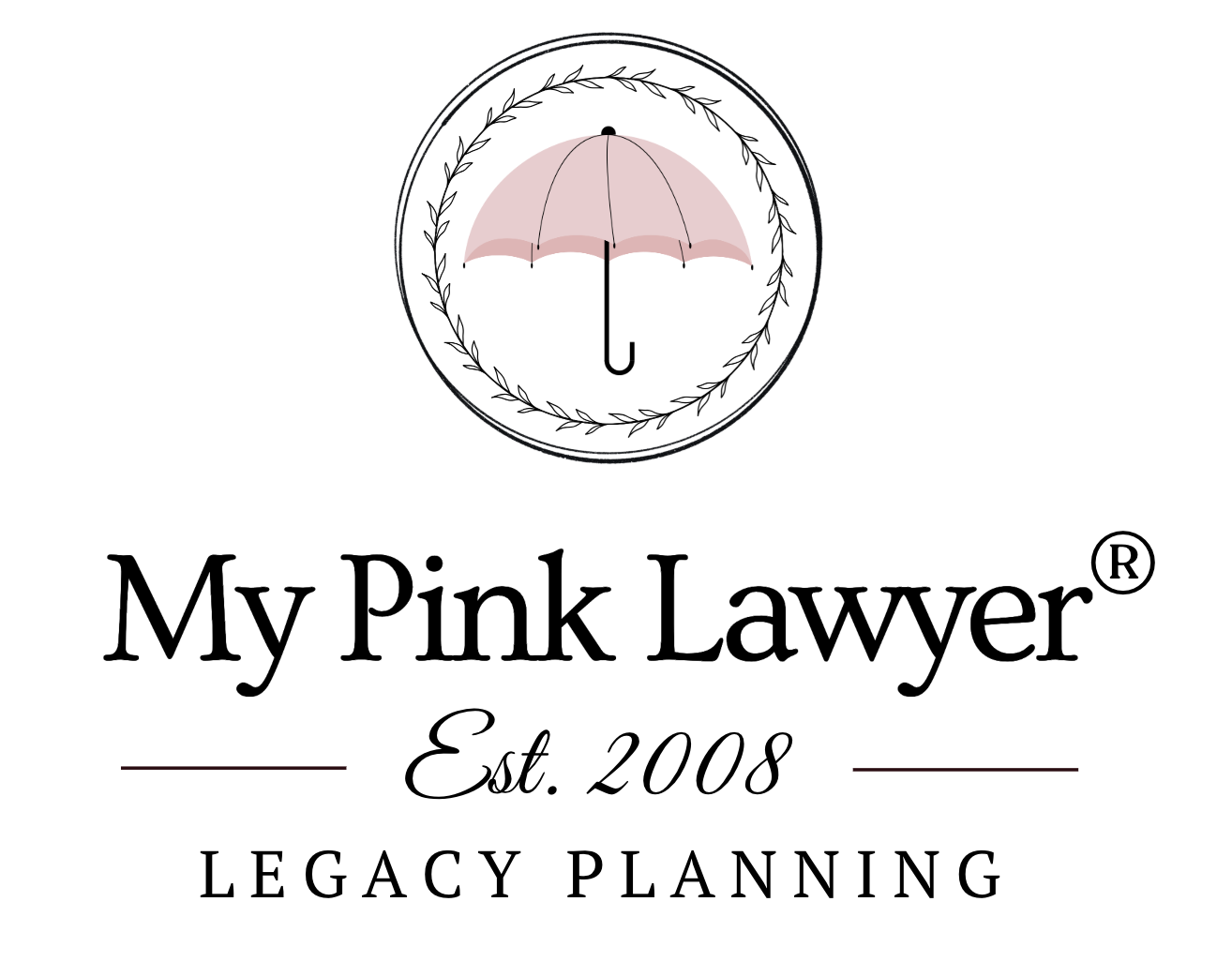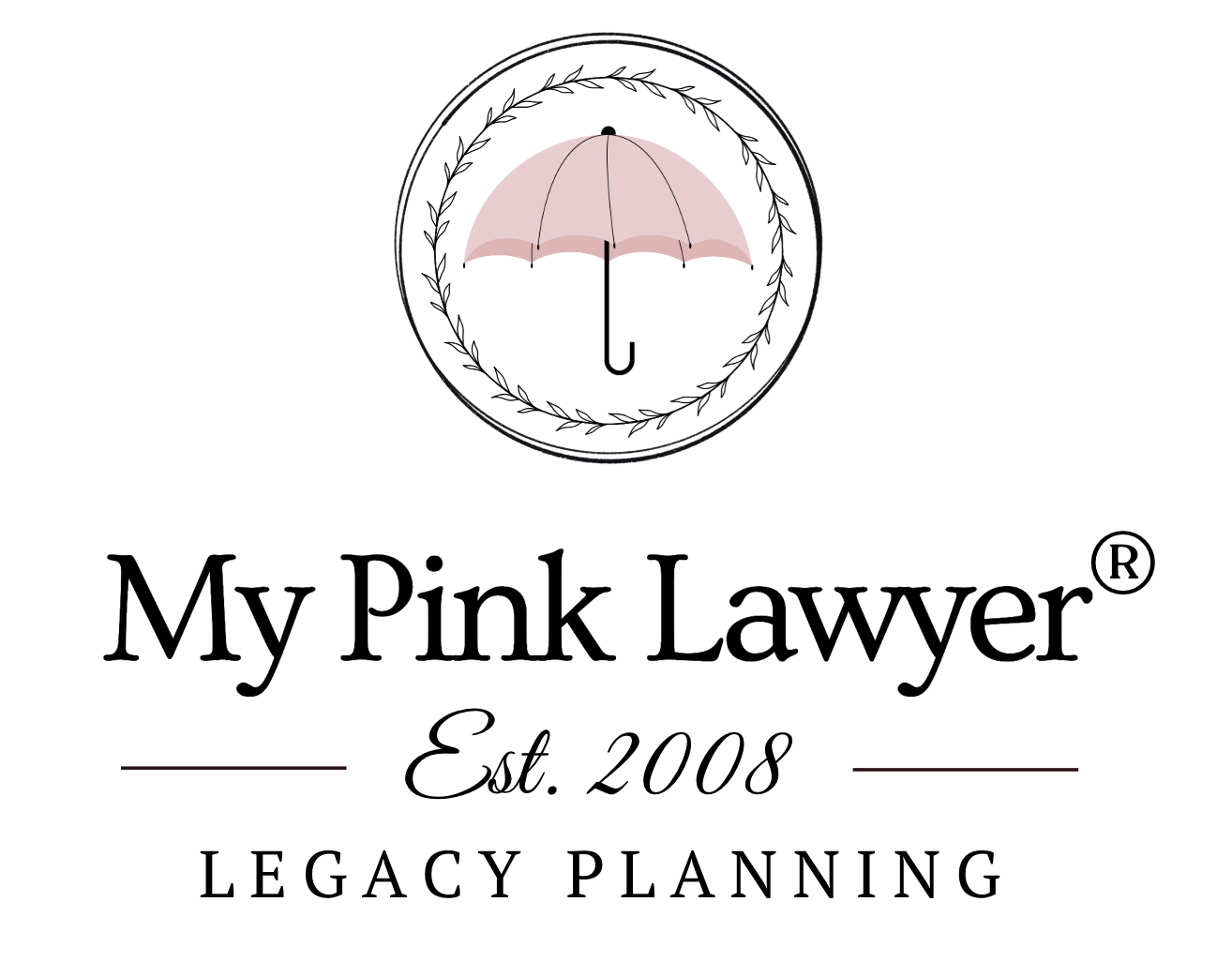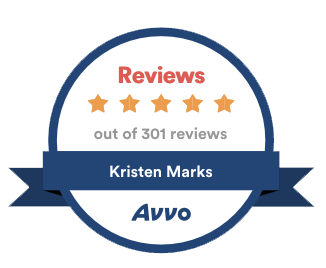|
In my estate planning practice, I often am asked the same questions by clients. This week I'd thought I'd addres some of the concerns my clients have about storing their estate planning documents.
Q. Where is the best place to keep my signed original estate planning documents?
A. The best place is probably in a safe deposit box because it will protect the documents from theft, fire, accidental loss, and most other types of damage or harm. A potential problem, though, is getting it opened after your death. If you decide to keep your estate planning documents in a safe deposit box, consider naming a family member or your Personal Representative or trustee as a joint holder on the box. That should simplify matters following your death because someone will be able to get into the box without delay. Another place to keep your original estate planning documents is with the attorney who drafted them. However, I have decided not to retain original documents because of concern over theft, fire, flood, storms, or other loss of the document. It would also be prohibitively expensive to store hundreds or thousands of original documents. Many people keep their original estate planning documents at home in a secure place. If you have a safe at home, that can be a good place to keep them. Be aware though, when thieves enter your home and discover a locked safe, they often take the whole safe thinking they'll find cash and jewelry. The last thing they want is a file containing your estate planning documents, but that's one of the things they'll get if you keep them in your safe. Therefore, unless your safe is bolted to the foundation of your house, it may not be the best place to keep your originals. More people than you would expect keep original Wills and other estate planning documents in an air-tight plastic bag at the bottom of their freezers. Freezers are well insulated and heavy, and have a way of withstanding fires, hurricanes, and tornadoes. Also, they don't die or move away, and they are stolen far less frequently than in-home safes.
Q. If someone's Will is in a safe deposit box at a bank when he or she dies, how do you get access to it? A. There are two ways to get the Will out of the box. The easiest way is if another person is named as a joint holder of the box. That person can retrieve the Will with no problems or delays. Another option is to go to court to request that a judge order an examination of the box. If a Will is found, it will be sent to the court. This should be the option of last resort because it takes longer, requires the filing of papers with the court, and usually involves a lawyer and the associated legal fees.
Q. Should I give copies of my Will and other estate planning documents to my children and to the Personal Representatives of my estate? A. For some people, their estate planning documents are as private as their income tax returns, and nobody is ever given copies. For other people, estate planning documents are no different than a spare key to the house, and every family member and Personal Representative and/or trustee named in the documents is given a copy. If you are the type of person who values your privacy, who does not especially trust your children, Personal Representative, or trustee, or if you have written a Will or trust which does not treat all the children equally, then it may not be a good idea to hand out copies. Also, you may have more money than your children expect, and depending on how your Will or trust is written, giving them a copy may be letting them know too much about your personal business. On the other hand, if you have a fairly open relationship with all your children, you regularly discuss finances with them, and you are leaving your estate to them in equal shares, then go ahead and give everyone a copy. Of course, if you decide to change your Will or revocable trust, you should be sure to give all the same people copies of the new documents. If you don't, then there may be some arguments following your death over which document controls the disposition of your estate. Q. Is there a way to store my documents securely online?
A. Absolutely! In fact, beginning in January, I'll be offering this service to my estate planning clients through the Docubank (Legacy Locker is another option) which will help you simplify your life by consolidating, protecting, and tracking your most valuable personal, financial, legal and medical data all in one secure web-based location.
|






